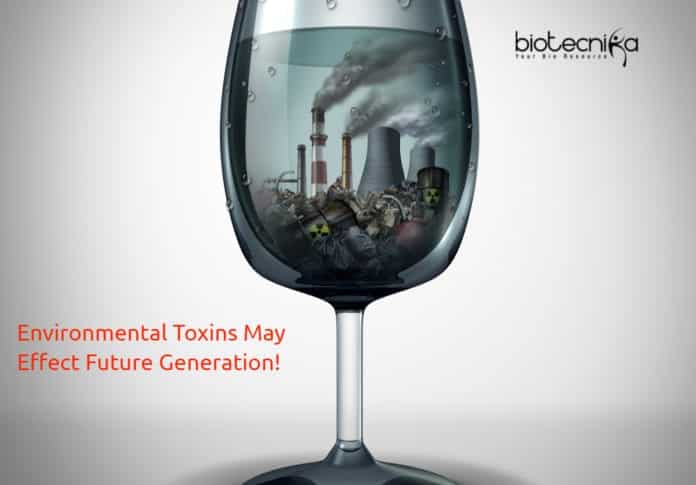Environmental Toxins Impairs Immunity
New research shows that maternal exposure to a common form of industrial pollution can harm the immune system of offspring. This impairment is passed along to subsequent generations, weakening the body’s defenses against common infections.
The study was performed at the University of Rochester Medical Center‘s Department of Environmental Medicine. It was lead by Paige Lawrence, Ph.D
Dr. Lawrence said that in terms of the body’s ability to fights off infections, this study suggests that a person may also be affected by what their grandparents ate.
While other studies over the years have suggested that environmental exposure to pollutants have adverse effects on the reproductive, respiratory, and nervous system function across multiple generations, the latest study shows for that the immune system is impacted as well.
Environmental Toxins Impairs Immunity- Clues To Unanswered Questions
According to scientists, this multigenerational weakening of the immune system could help explain variations that are observed during seasonal and pandemic flu episodes.
Annual flu vaccines provide some people with more protection than others. Also, during pandemic flu outbreaks, some people get severely ill, while others can fight off the infection.
While age, virus mutations, and other factors can explain, to some
extent, some of this variation, they do not fully account for the diversity of responses to flu infection found in the general population.While explaining the role of vaccines, Dr. Lawarance said that when an individual receives a flu vaccine, the immune system escalates the production of specific kinds of white blood cells in response. The larger the response, the larger the ‘army of white blood cells’ would be produced by the body. This leads to an enhanced ability of the body to fight off an infection successfully.
Environmental Toxins Impairs Immunity- The Research Methodology

In the research, scientists exposed pregnant mice to environmentally relevant levels of a chemical called dioxin. They are like polychlorinated biphenyls (PCBs), which is a common by-product of industrial production and waste incineration. Dioxin is also found in some consumer products. These chemicals find their way into the food system where humans eventually consume them. Dioxins and PCBs bio-accumulate as they move up the food chain and are found in higher concentrations in animal-based food products.
The scientists found that the production and function of cytotoxic T cells- A white blood cells that defend the body against foreign pathogens was impaired when the mice were infected with influenza A virus.
This weakened immune response was observed not only in the offspring of the mice whose mothers were exposed to dioxin but in the subsequent generations, including as far out as the rodent equivalent of great-grandchildren. The scientists also discovered that this effect was more pronounced in female mice.
Environmental Toxins Impairs Immunity- The Hypothesis
The scientists believe that the impairment is something to do with genetics. Dioxin binds to a protein in cells called AHR, consequently leading to errors in the transcription of genetic instructions. According to the authors of the paper, the exposure to these harmful chemicals itself does not trigger a genetic mutation. Instead, the cellular machinery by which genes are expressed is effected, and this phenomenon is passed onto subsequent generations.
The study was supported by funding from the National Institute of Environmental Health Science.






























